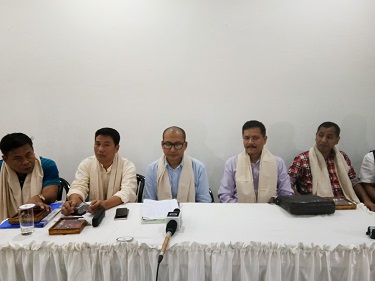 SHILLONG, OCT 2: The North East Indigenous People’s Forum (NEIPF) today said influx of illegal immigrants into the North East states is one of the key issues that it would be raising with the legislature, executive and the judiciary of the country.
SHILLONG, OCT 2: The North East Indigenous People’s Forum (NEIPF) today said influx of illegal immigrants into the North East states is one of the key issues that it would be raising with the legislature, executive and the judiciary of the country.
The decision was taken at the first meeting of the NEIPF, a conglomeration of various organizations which include peace-bound militant outfits from the seven states of the NE region, held today at the picturesque Orchid Lake resort at Umiam, about 15 km from Shillong.
The Federation of Khasi-Jaintia and Garo People (FKJGP), one of the biggest social organizations from Meghalaya, is the host of the meeting chaired by the United Liberation Front of Assam (ULFA) general secretary Anup Chetia as the forum’s chief convenor.
It may be mentioned here, the NEIPF was formed on September 7 at the North East Indigenous People’s Conference (NEIPC) held at Guwahati, which was also attended by over 2,000 delegates from the different parts of the region.
Addressing newsmen after the meeting, NEIPF spokesman N Ibungochoubi said, “One of our serious concerns is the influx of illegal immigrants to the NE region which is changing the demographic profile in every aspect whether it is property, job facilities. The indigenous people in many of the states are being reduced to the status of minority.”
He said this is in view that the seven North East states are sharing international boundary with countries which include China, Bhutan, Nepal, Bangladesh and Myanmar.
“The distance of this long international boundary is about 5,500 km which is unmanned, porous, and not systematically check and the impact of this open porous international border is on all the NE states,” he added.
Stating that the Forum will take on all the challenges, find out all the inherent issues facing the different seven states, he said, “We will discuss and bring it to the highest level of our country whether it is the judiciary or the executive or the legislature to protect the rights of the indigenous people.”
Asked, Ibungochoubi, while citing an example on the ongoing issue in Arunachal Pradesh, said, “You have the issue of Rohingya in Myanmar, when they have an internal conflict we are the first to be affected the neighbouring states.”
He also said that the Forum during the meeting had also taken serious note of the recent Supreme Court’s ruling on the situation in Arunachal Pradesh which it states that the citizenship should be given to some communities.
According to him, the forum is taking a very strong exception as to how the country is looking at immigrants and how they are affecting the indigenous people.
Also stating if there is a conflict in Bangladesh, the first victim will be neighbouring states, he said that 1971 conflict and also the 1947 partition has affected Assam and other states by the gradual influx of people from neigbouring countries.
“We will also look at how these issues can be addressed and we will definitely look into the academic perspectives tied up with various institutions and look at issues facing each and every state. This forum will be the collective strength of all the seven states,” he said.
On the short-term and long-term solutions to the problem, the Forum’s spokesperson said that all the NE states will work together to first understand and comprehend what are the endemic and inherent issues of different areas and different ethnic groups.
“In the process, we will workout the modalities by working with the local indigenous people and once we comprehend we will initiate our own course of action because our serious concern is the loss of our own identity,” he said.
Pointing out that Tripura is a facing a serious issue today where its indigenous population have been overpowered by people from outside, Ibungochoubi said that the NE will continue to face this issue in the future if it is not addressed.
“We will lose our own identity, own economic strength, we cannot be part of that system where outsiders have become rulers in our own state,” he said.
On the citizenship act, Ibungochoubi said that the Forum would strongly oppose it line by line if there is anything objectionable to the indigenous people of the region.
With regards to the other issues to be raised by the Forum, he said that land ownership is a serious confrontation that we might be facing besides right to cultural heritage and environmental issues.
He also warned that the indigenous people by the time they wake up to be part of the economic development, infact it will be a kind of deprival as we cannot be a key player in the economic growth.
“Our economic rights have already been dominated by business communities from different parts of the world whether it is from across the border or from mainland India. Our view is that the indigenous people should have equal share in the economic development,” he said.
Asked, Ibungochoubi however said that all political leaders from the NE states should have the “political will” to address the issues facing the people of the region.
“Unless our political leaders have the political will to protect their own people it will be a difficult task for every organization or people of our own land. We need strong committed political leaders first to protect their own people it should be in their political agenda,” he stated.
Meanwhile, the NEIPF has also resolved to establish its chapters in all the NE states as part of strengthening the organization on the objective to raise the various issues concerning the indigenous people of the seven states.
While each chapter will have one convenor and two co-convernors, Ibungochoubi also informed that the constitution of the Forum will also be drafted to highlight its objective and modalities within a month’s time.
By Our Reporter

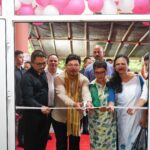
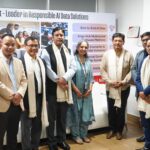
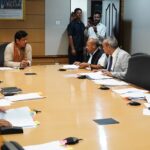
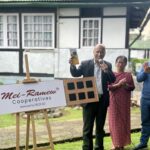

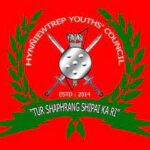


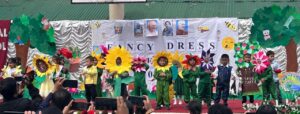
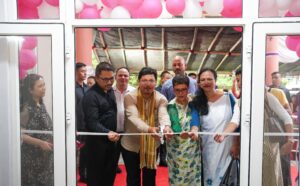
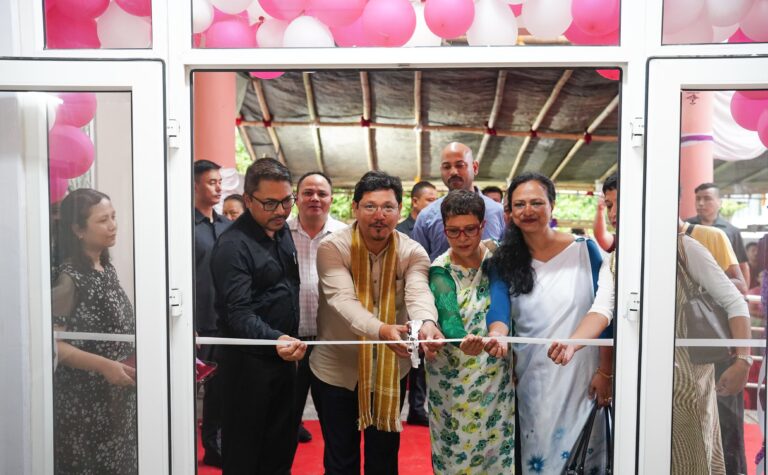
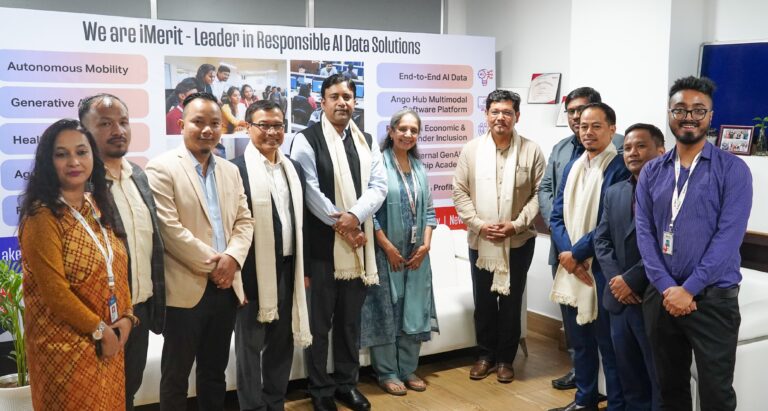
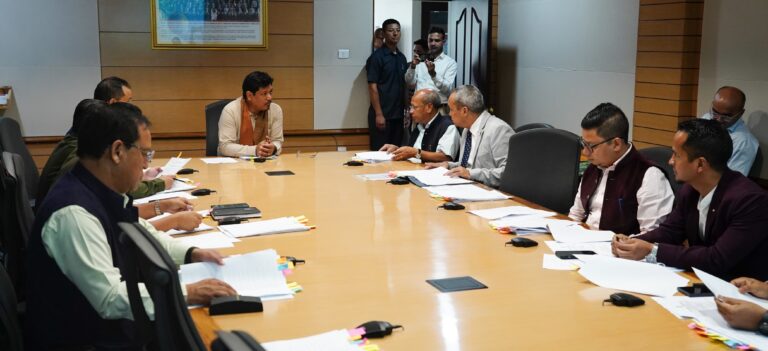
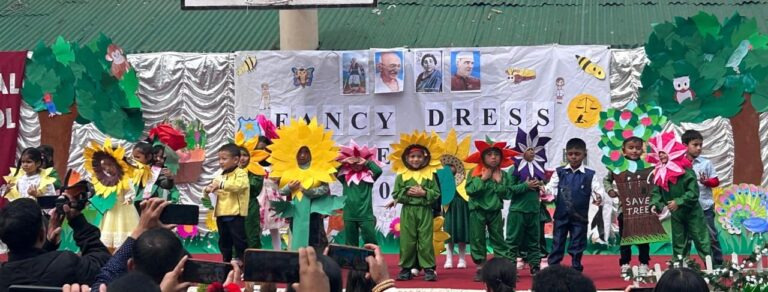
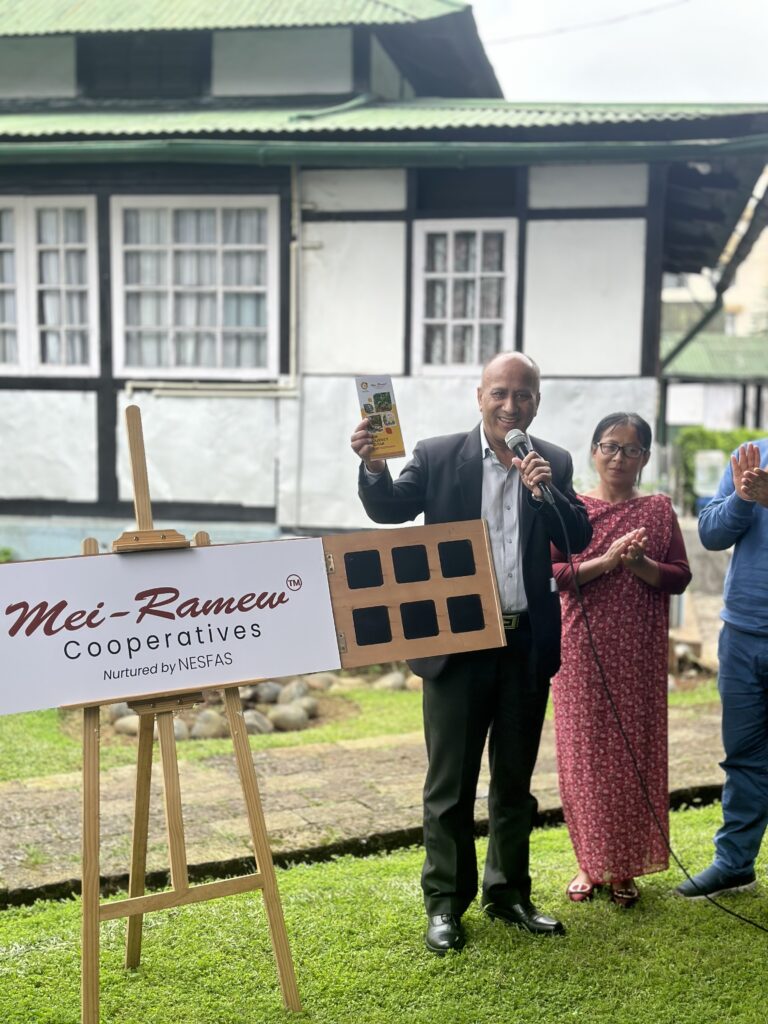
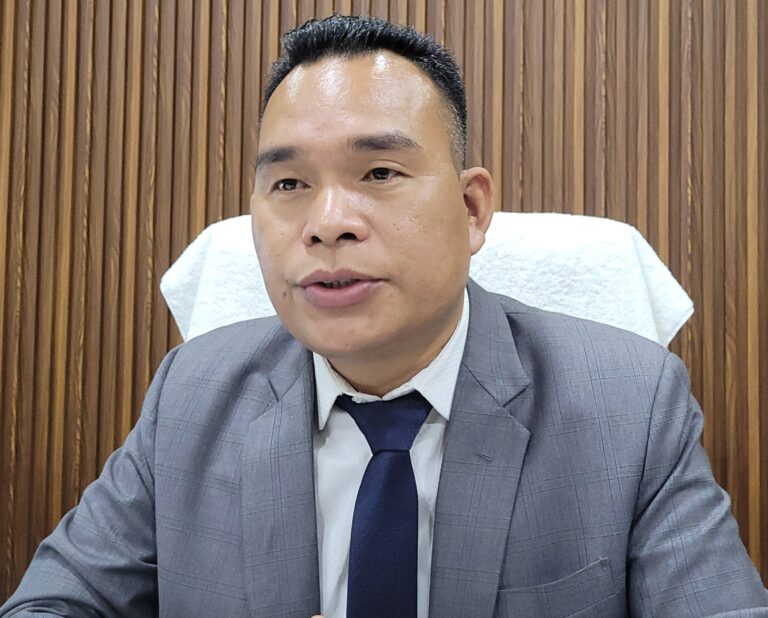
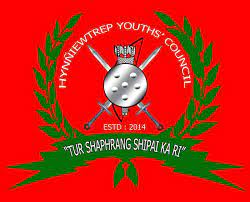

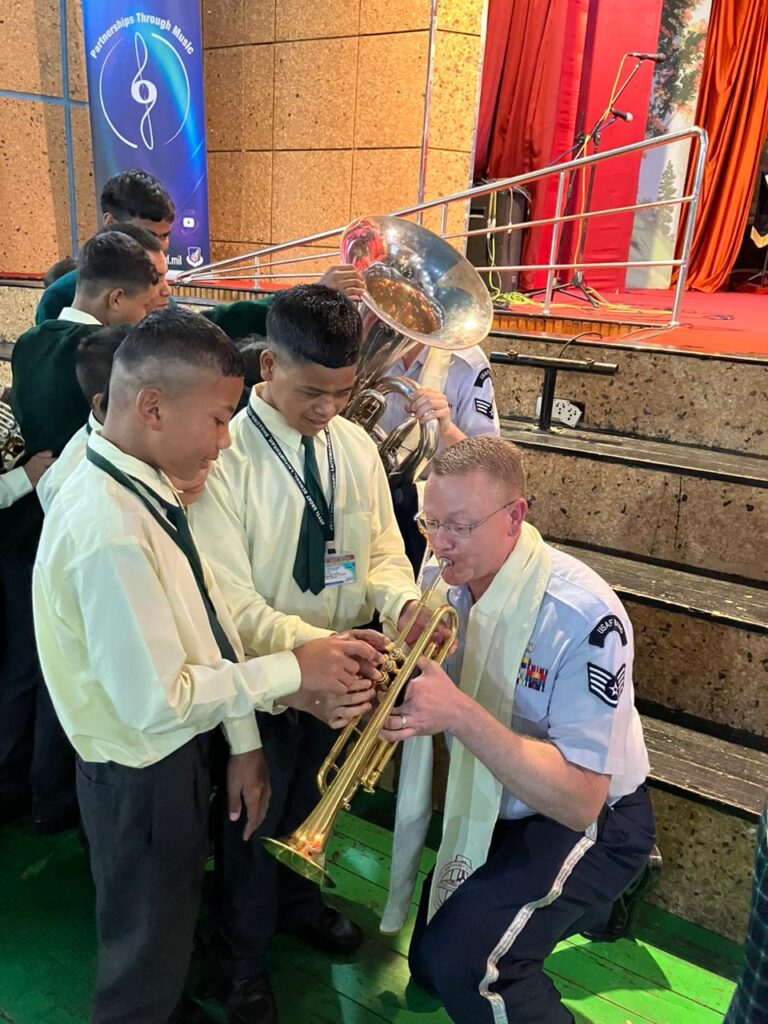
+ There are no comments
Add yours